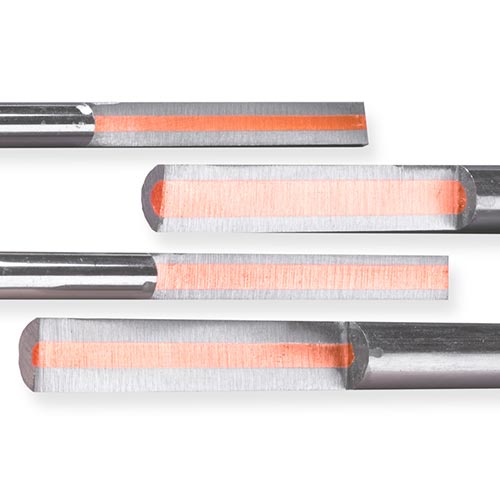HY-industry talk with you what is Kovar & where is it used?(HY industry- Technical Center internal data)
Kovar alloy Short Introduction: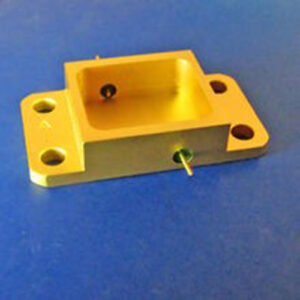
-
Kovar alloy is equivalent to GB 4J29, ASTM F15, UNS K94610);
-
Kovar is a hard glass ferrobase sealing alloy containing 29% nickel and 17% cobalt.Within the scope of the alloy in the 20 ~ 450 ℃ has the similar to hard glass linear expansion coefficient, and the appropriate hard glass can effectively seal matching.
-
has high Curie temperature and good low temperature stability, metal oxide film density, easy to welding and welding, with good plasticity, cutting processing, can be widely used in electric vacuum components, tubes, tube, switch tube, transistor, and sealing plug and relay shell, etc.Because of its cobalt content, the product is more durable.
-
Kovar can be combined and sealed with molybdenum group glass.General workpiece surface required gold plating.
kovar alloy properties:
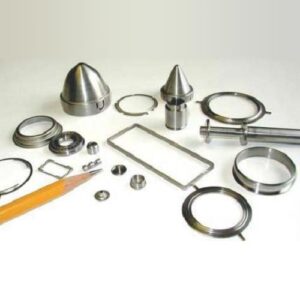
-
When two connecting materials expand and contract at different rates this can create immense pressure.
-
Kovar is an alloy which expands and contracts at the same rate as borosilicate glass and something you will see in everyday life but never give a second glance.
-
Everyday elements such as x-ray tubes, power tubes, etc. depend upon Kovar for their longevity.
-
The main types of kovar alloy are ferronickel, ferronickel and cr-series.There are anaerobic copper, tungsten, molybdenum and its alloys and composites. with a coefficient of thermal expansion similar to that of hard glass. This might make sense to those of a more engineering technical mind but in layman’s terms what does this actually mean and what is it used for?
Main benefits of Kovar
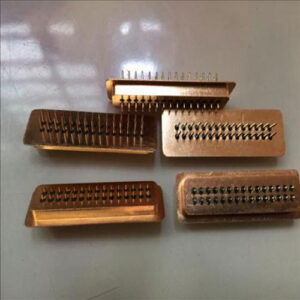
-
The coefficient of thermal expansion is THE most important mechanical property of Kovar. The alloy is precisely formulated and controlled to produce a coefficient of thermal expansion that is very close to that of hard glass (e.g. borosilicate glass) or ceramic, meaning that it expands and contracts at a similar rate. It is therefore perfect in applications where it is used in conjunction with glass or ceramic materials, especially where a hermetic seal must be maintained across a wide temperature range. There are a vast number of products where metal and glass or ceramic are joined together. The main types are iron nickel, iron nickel cobalt, iron nickel chromium series alloy.There are anaerobic copper, tungsten, molybdenum and its alloys and composites.You can probably think of many examples of such products in daily life.
Application of Kovar alloy steel:
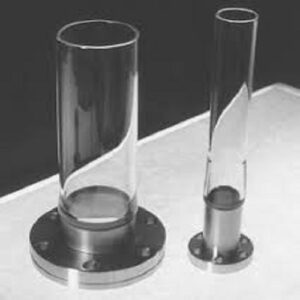
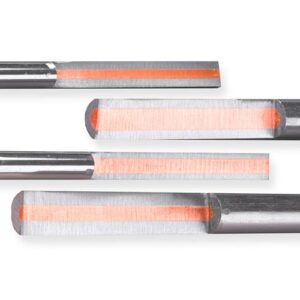
-
If we take for example a traditional tube light which is commonplace in many workplaces we can then look at how Kovar works in real life situations. We all know from accidentally touching a tube lightbulb that the glass can become extremely hot very quickly. Creating the required lighting using electricity creates immense heat which very quickly transfers to the glass.
-
Using non-Kovar metals to connect the glass tubing to the metal holders would be extremely dangerous and in real life unworkable. This is because traditional metals have a thermal expansion coefficient very different to that of hard glass and therefore each element, the glass and the metal, would expand and contract at different rates. Inevitably this would lead to increased pressure on the glass tube which would ultimately crack under the added force, or not be able to maintain its hermetic seal.
-
Kovar is also used in a number of other products such as microwave tubes, transistors, diodes, power tubes, x-ray tubes and indeed any product which requires a glass to metal (or ceramic) seal. It has also been used in integrated circuits, such as the flat pack and dual-in-line package.
Peroration:
-
Kovar may not be the best known alloy you will ever come across, it is probably something you have never heard of, but when you bear in mind the number of glass to metal seals required in everyday products you will realise just how important it is.

